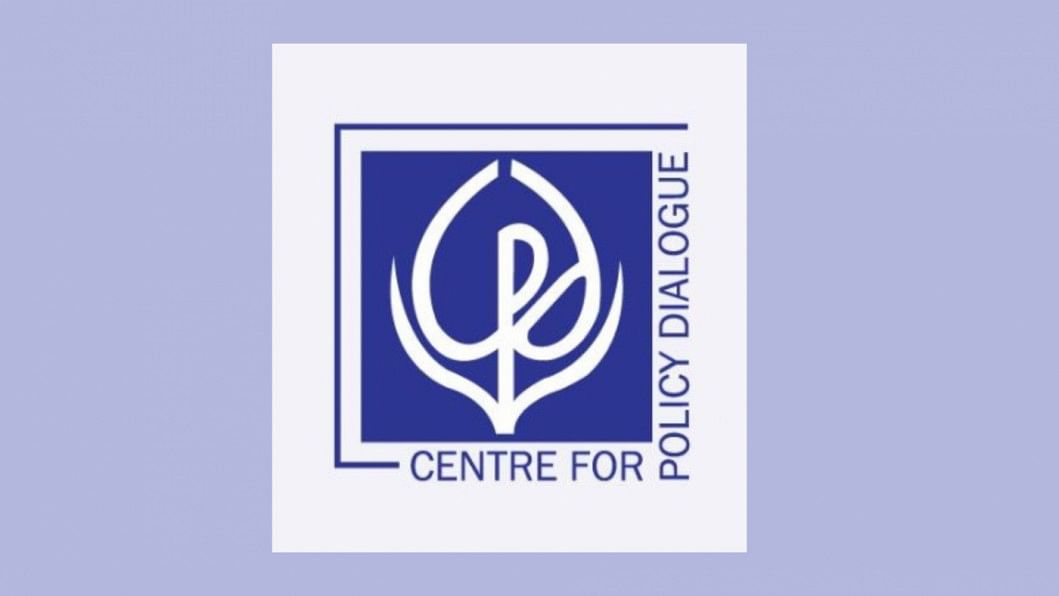Structure energy budget, keeping sustainability in mind: CPD

The budget for the next fiscal year is trying to promote some anti-transition and anti-sustainability measures by backing coal-based electricity generation and setting unnecessarily ambitious power demand targets, the Centre for Policy Dialogue (CPD) alleged today.
It said the proposed budget for the power and energy sector for 2024-25 has failed to comply with required allocation for energy sustainability and energy transition.
"The budget for the power and energy sector needs to be structured from energy sustainability and energy transition point of view. Without proper planning, allocation, implementation and monitoring both energy sustainability and energy transition will not be achieved."
The observations were made in a paper presented at an event styled "Power and Energy Sector in the National Budget FY2025: Can the Proposed Measures Address the Challenges?" at the BRAC Centre Inn in the capital. Khondaker Golam Moazzem, research director of the CPD, presented the paper
The paper said some of the electoral commitments are reflected in the budget, but a number of the commitments are not reflected there. These include the retirement of rental and inefficient power plants, import of hydropower and smart grid.
Some important issues that required very distinctive fiscal measures are not being addressed. These include fossil fuel phase-out, the retirement of rental quick rental power plants, ending capacity payments, and incentivising renewable energy through fiscal measures.
The CPD said there is a tendency to not provide enough attention towards the expansion of renewable energy-based power generation.
"More budgetary allocation needs to be ensured for speedy expansion of the renewable energy. Renewable energy-friendly fiscal and budgetary incentives should be proposed and recommended."
According to the paper, the integration of renewable energy into the grid has a lot to do with the upgradation of transmission and distribution system.
A special allocation of Tk 100 crore has been proposed by the finance minister to encourage the development and use of renewable energy. Though the amount is small, the initiative is appreciated since it will accelerate the breaking of carbon lock-in in the country, the CPD said.
"Prioritising the distribution and transmission network of the drilled gas is appreciated."
It, however, warned that relying heavily on imported LNG could make Bangladesh more vulnerable to changes in global prices and political issues between countries.
A subsidy allocation of Tk 7,000 crore in LNG import has been proposed in FY25. In FY24, it was Tk 6,000 crore.
"Rather than enhancing LNG import, the fund should be allocated in the domestic gas exploration," the paper said.
In Bangladesh, the power and energy sector is passing a challenging period which needs proper fiscal, budgetary and policy planning with regard to generation, transmission and distribution of electricity and generation, transmission of domestic gas.
The CPD called for stopping funding for any new fossil fuel-based power generation. "The budget should reiterate the government's commitment to phase out old, dated, and expensive fuel-based and plants by ending contractual periods."
It recommended reducing load-shedding and enhancing allocation for drilling more gas wells.

 For all latest news, follow The Daily Star's Google News channel.
For all latest news, follow The Daily Star's Google News channel. 



Comments